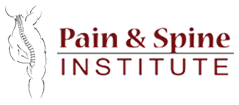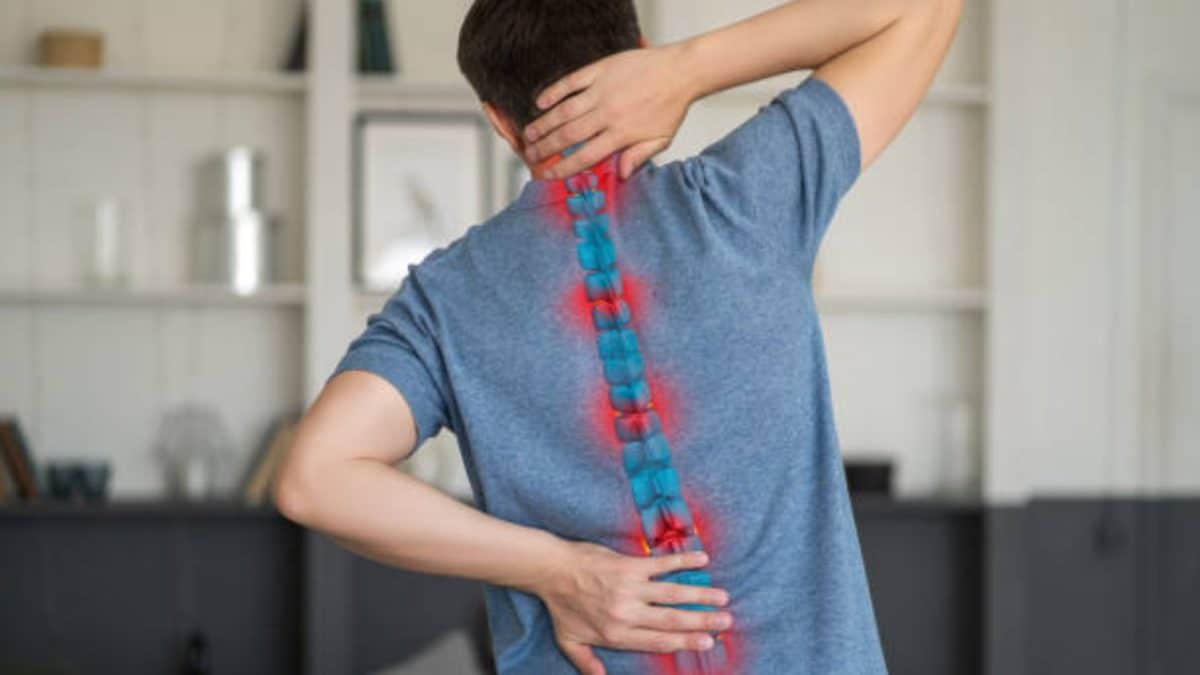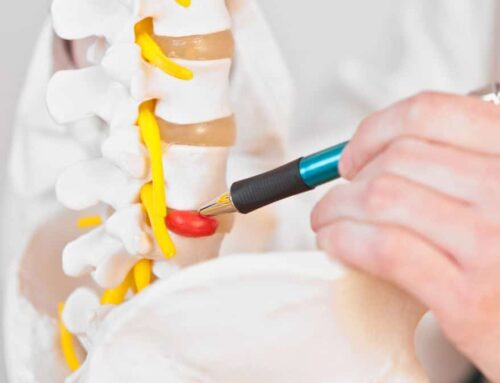Do you often experience back pain? What might be causing it? You may have a herniated disc. This common injury can cause a lot of pain and discomfort.
A herniated disc is caused by the disc’s outer layer in your spine being damaged. Staying active, stretching, and physical therapy can help manage some symptoms.
Read more: Best Strategies for How to Heal a Herniated Disc Quickly.
Your spine is made up of 24 vertebrae that are separated by a cushion-like disc. This disc is filled with a gel-like material called the nucleus pulposus. When this gel pushes through the disc’s outer layer, it can cause a herniated disc.
Here are some signs and symptoms that could indicate you have a herniated disc:
1) Radiating Pain
Herniated disc-related pain usually radiates outward from its source. That means a herniated disc in your lower back may cause pain to radiate down into one or both of your legs. It’s common for those who suffer from this condition to experience excruciating pain.
2) Muscle Weakness
One of the common symptoms of a herniated disc is muscle weakness in the affected area. This can be seen as an inability to lift objects or simply as a general lack of strength commonly not there. It’s essential to pay attention to this symptom and make sure that you’re not overworking your muscles or doing movements that aggravate the affected area. Muscle weakness will be a sign of nerve damage; if it is, it should be treated immediately.
3) Numbness and Tingling
Another common symptom of a herniated disc is numbness or tingling in the affected area. This often presents as a burning or prickling sensation that radiates from the spine to other body parts, such as the arms and legs. In some cases, this numbness may worsen over time, leading to more severe symptoms such as loss of sensation or muscle weakness. If you experience these sensations, you must contact your doctor immediately. Additionally, you should constantly monitor your condition and report any changes in symptoms that may occur.
4) Pain At Night
When the disc herniates and puts pressure on the nerve root, it can cause pain and discomfort. This is especially true when you’re lying down, and there’s no movement or support to reduce the nerve’s pressure. Herniated discs often lead to pain in different regions of your back and typically worsen while lying down, making it difficult to sleep. If you wake up in the middle of the night due to back pain, a herniated disc could be the cause. Alleviate this discomfort with these best ways to improve your sleep with herniated disc. Alleviate this discomfort with these best ways to improve your sleep with herniated disc.
5) Pain During Certain Activities
The spinal cord is part of the body used to move around and perform certain activities. If your herniated disc is preventing you from enjoying such activities, it’s likely a sign that there might be an issue. People with herniated discs often feel pain when bending over, twisting their bodies, or lifting things. This can cause a lot of discomforts and may even make it difficult to perform certain activities due to the pain.
Contact Pain & Spine Institute for the best treatment of disc herniation in Chicago. We have the best doctors and surgeons who will diagnose and treat your condition with great care.




